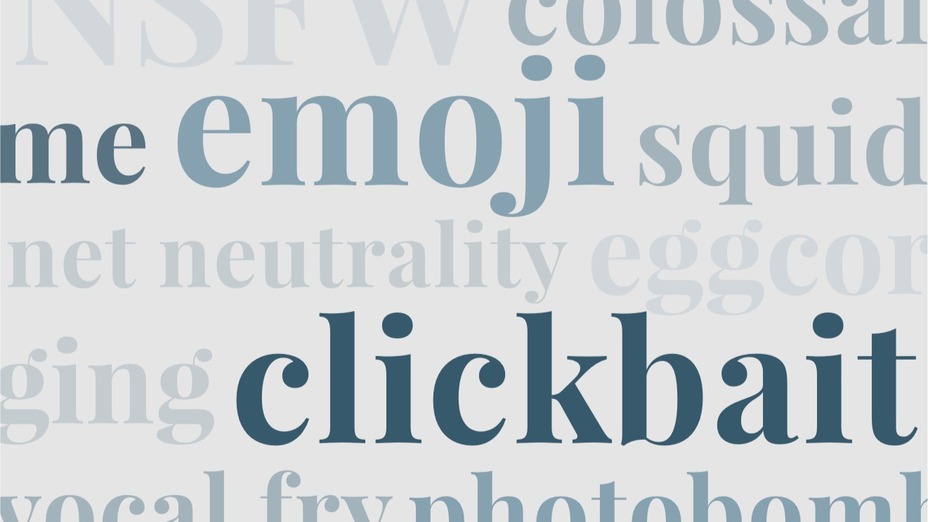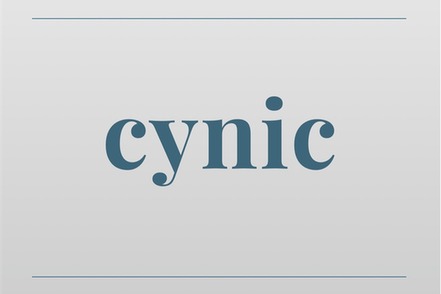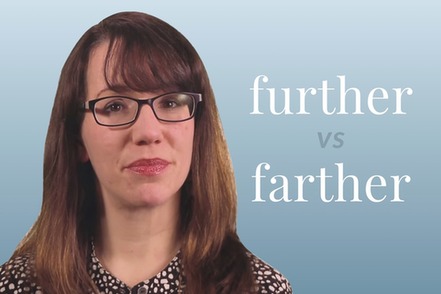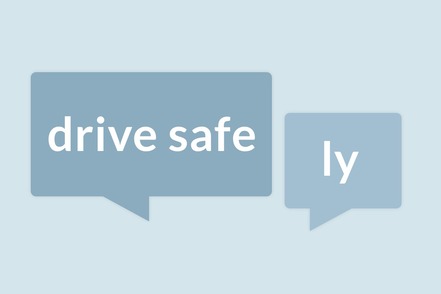TRANSCRIPT
Welcome to Ask the Editor. I'm Peter Sokolowski, Editor at Large at Merriam-Webster.
Without a doubt, the question most frequently asked of a dictionary editor is, how does a word get into the dictionary? The answer might surprise you.
It doesn't involve any academy or committee or any lobbying by word advocates. It's a process that historically has been very slow but today can be much faster, as in the case of ‘tweet.’
Whatever the speed, the process always begins with reading. Merriam-Webster editors scan everything from newspapers, books, and magazines, to websites, menus, and blogs, looking for words in their natural habitat for real evidence of the language in use.
When we notice a new word, or as in the case of tweet, a new use of an existing word, we record it with its full context and source information. If the evidence is in print we do it the old-school way. We underline the word and bracket its context. If the evidence is from an electronic source we record it with a computer rather than a pen.
All of these pieces of evidence of the word in use are called citations. We now have about 17 million of them. We can search our database electronically, or for citations from more than 30 years ago, by going to the actual file cabinets. Once a citation for a word like tweet is created, that word has taken its first step to becoming an entry in the dictionary.
It's by no means certain to get in though. We need many such citations from varied sources and over a period of years in order to confirm that it's a permanent addition to English. We don't want to add a trendy word that might quickly drop from use.
So the next step might be the most important of all, finding more citations of the same word. In the case of tweet that was easy. We had lots of evidence of it in our files over a short period of time. Accumulated evidence of a word or meaning is the primary criterion for dictionary entry. Most of the time it's quite a while before we're tweeting about it.
For more episodes of Ask the Editor, go to merriam-webster.com.











